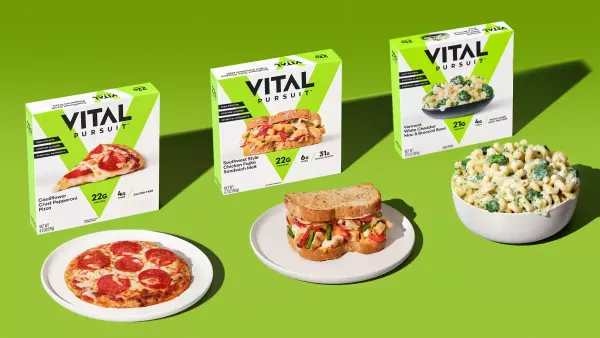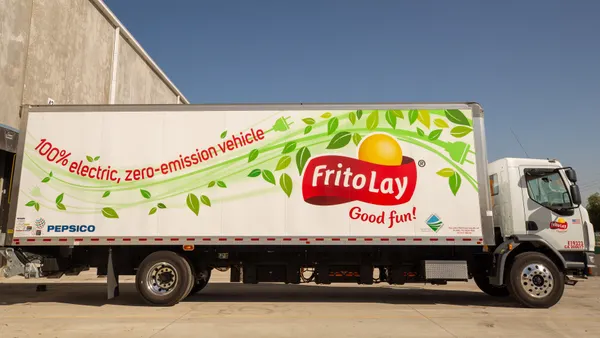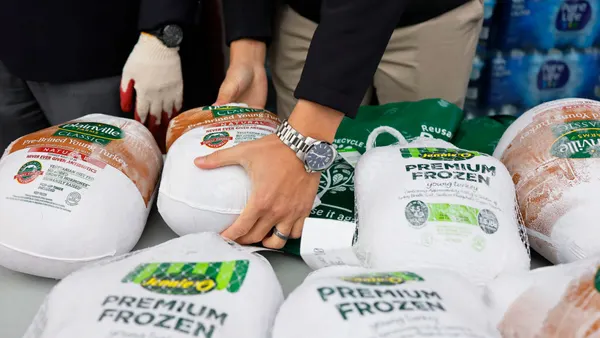Dive Brief:
- Whole Foods is telling fruit and vegetable suppliers that it won't buy food grown with biosolid fertilizer.
- Biosolids are produced by wastewater-treatment facilities. Biosolids are, essentially, a sludge made from municipal waste. In other words, it's made partially from human feces.
- A number of food activists have lobbied hard to keep sludge away from the food chain. On the other hand, many scientists see biosolid fertilizer as a sort of perfect product -- offering nutrition-dense material for plants while providing a use for the waste created by humans.
Dive Insight:
The debate over biosolids is similar to the one over GMO food in a number of areas. But the key similarity is this: Science is not the issue.
There's lots of room for sensible people to disagree over the science of biosolids. We tend to side with growers, waste experts and environmentalists on this one. We see sludge as a sensible way to solve the problem of what to do with all our poop. Biosolids are good, we think.
But we understand that other folks see biosolids as bad. There are heavy metals and other dangerous things in there, they tell us. And although the regulators say biosolids are safe, no one trusts a regulator.
No. Science is not the issue. We can agree to disagree on the science. The issue is marketing.
No one with a brain in their head wants to spend their career telling nervous consumers not to worry about the sewage that was sprayed on their leafy greens. No retail executive wants to be the guy who spends his time telling the staff to "call 'em biosolids, not poop from the sewer." No one wants a job selling stuff made with the runoff from city streets.
It's just easier — much, much easier — to tell growers "no."













